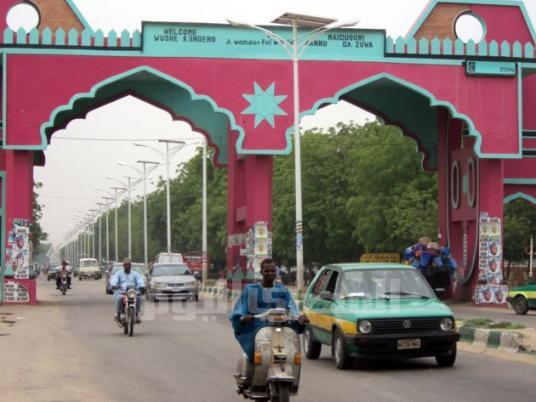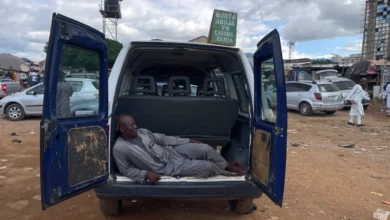
Global rights watchdog Human Rights Watch Wednesday condemned attacks by suspected members of Boko Haram on schools in and around restive Maiduguri city, hotbed of the Islamist sect in northern Nigeria, calling them “reprehensible.”
“Boko Haram’s attacks on schools represent a new and reprehensible development since the group began its campaign of violence in 2009,” said Zama Coursen-Neff, deputy children’s rights director at the organization.
As a result of the attacks, at least 5,000 students are staying at home, Human Rights Watch said in a statement, quoting media reports.
Over the past two weeks, at least a dozen public and private schools in Maiduguri have been set ablaze by members of the sect.
The Islamist Boko Haram, whose name translates to “Western education is sin,” has claimed responsibility for some of those attacks, saying their actions were in response to “raids” by soldiers on an Islamic seminary in the city.
A self-styled spokesperson for the group, Abul Qaqa, said last month that the school attacks were over the “indiscriminate arrests of students of Quranic schools by security agents.”
Human Rights Watch said the attacks on schools “not only put children and teachers’ lives at risk, but they may also deprive children of an education. Schools may close and children drop out entirely.”
Nigeria is a party to the International Covenant on Economic, Social and Cultural Rights and the Convention on the Rights of the Child, both of which guarantee children the right to education, Human Rights Watch said.
Troops in Maiduguri on Monday shot dead three suspected Boko Haram members, injured and captured two others as they allegedly tried to burn down a school, the army said.
A number of homemade explosives which they allegedly intended to use to attack a primary school in the Lamisula district of the city were recovered, army spokesperson in the city Lieutenant Colonel Hassan Mohammed told AFP.
The sect, blamed for a wave of attacks mainly in northern Nigeria, had over the past two-and-half years targeted mostly the police and other symbols of authority in Africa’s most populous nation.
It has lately added churches on its list of targets.
Although its specific aims remain unclear, violence by the sect since mid-2009 has claimed more than 1,000 lives, including more than 300 this year alone, according to AFP and rights groups.




